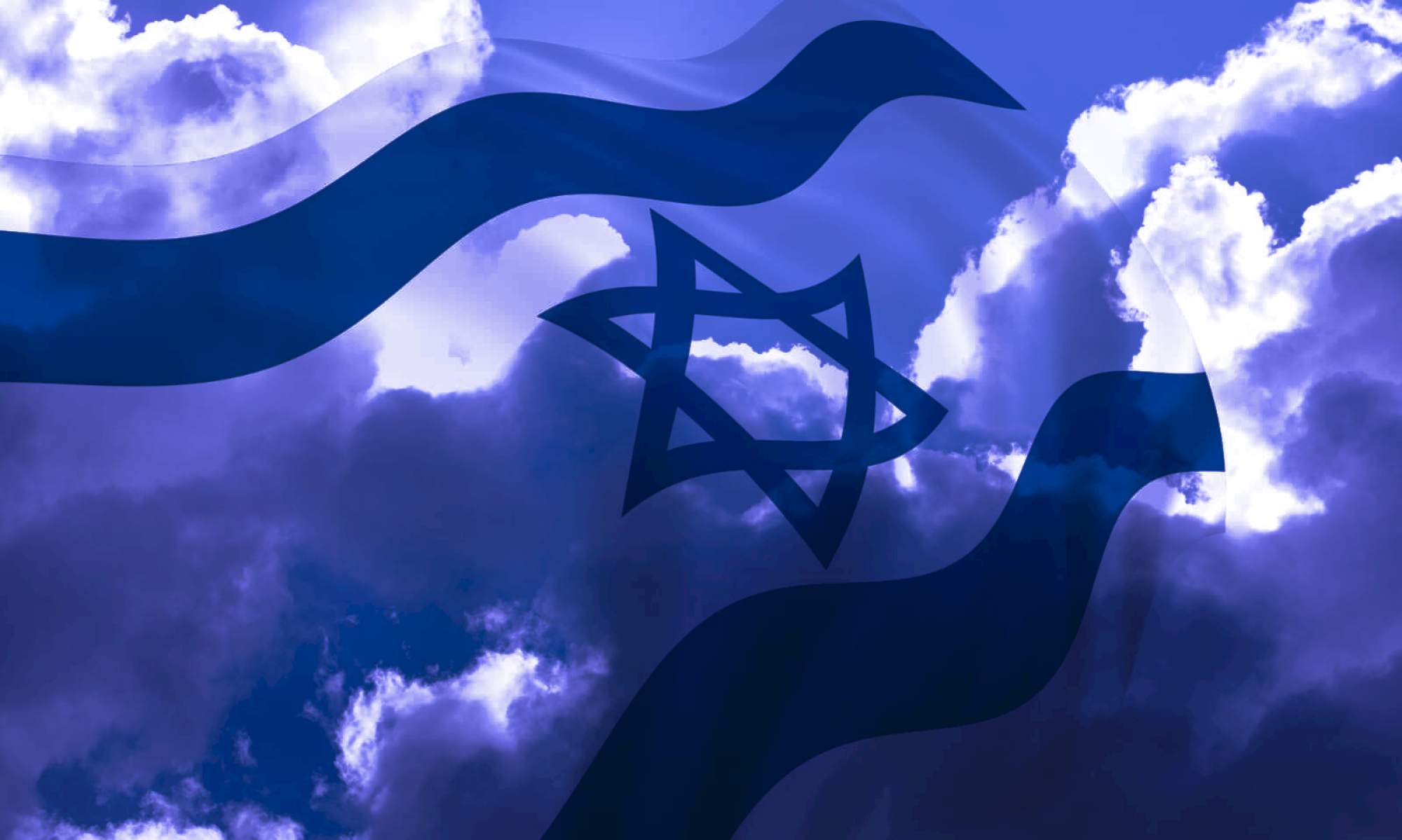
Head of Upper Galilee region: “We will not accept sporadic rocket fire in any way
”
For the third time since the ceasefire with Beirut came into effect on November 27, terrorists in Lebanon have fired rockets at northern Israel.
On Thursday morning, air raid sirens sounded in Kiryat Shmona and nearby areas.
The Israel Defense Forces confirmed that two rockets were launched: one was intercepted, while the other fell inside Lebanese territory, without reaching Israel.
No group has claimed responsibility for the attack.
The incident follows a similar attack six days ago, which targeted the town of Metula.
Lebanese media reported that Israel responded with artillery fire, and some schools in southern Lebanon were closed due to the shelling.
According to Reuters, eight Lebanese were killed.
No peace in Beirut if Israel is attacked
Israeli Defense Minister Israel Katz warned that the country will respond forcefully if the attacks continue.
He said: “If Kiryat Shmona and the Galilee do not have peace, Beirut will not have peace either.”
Katz stressed that the Lebanese government is responsible for any attacks coming from its territory and vowed that Israel will not allow the security situation to return to what it was on October 7, 2023.
Asaf Langleben, head of the Upper Galilee Regional Council, condemned the attacks from Lebanon and said the security challenge remains great, especially with residents returning to the region.
“We will not accept sporadic rocket fire under any circumstances.
The second attack in less than a week shows that the threat still exists,” he said.
He called on the Israeli government to quickly end defenses in the north of the country and implement plans to strengthen the local economy and settlements.
Despite the attack, local authorities said daily activities, including a farmers’ market and the Agur Run planned for Friday, would proceed as normal.
On Saturday, the Israeli military intercepted three of at least six rockets fired from Lebanon, the first such incident in more than three months.
In response, the military struck Hezbollah command centers and launch sites in southern Lebanon.
The escalation has alarmed the United States, and U.S. officials have urged Israel to refrain from striking targets in Beirut after the Metula attack.
Hezbollah has denied responsibility for Saturday’s rocket fire, saying it was “unrelated” to the launches and that it remains committed to the ceasefire.
The situation on the Israel-Lebanon border remains tense, but the Israeli government has not announced any immediate changes to its operations.
Defense officials continue to monitor developments.
Published in 03/28/2025 13h00
Text adapted by AI (Grok) and translated via Google API in the English version. Images from public image libraries or credits in the caption.
Reference article:
| Geoprocessing Drone Systems HPC |

| ERP and CRM Systems Mobile Systems AI |


